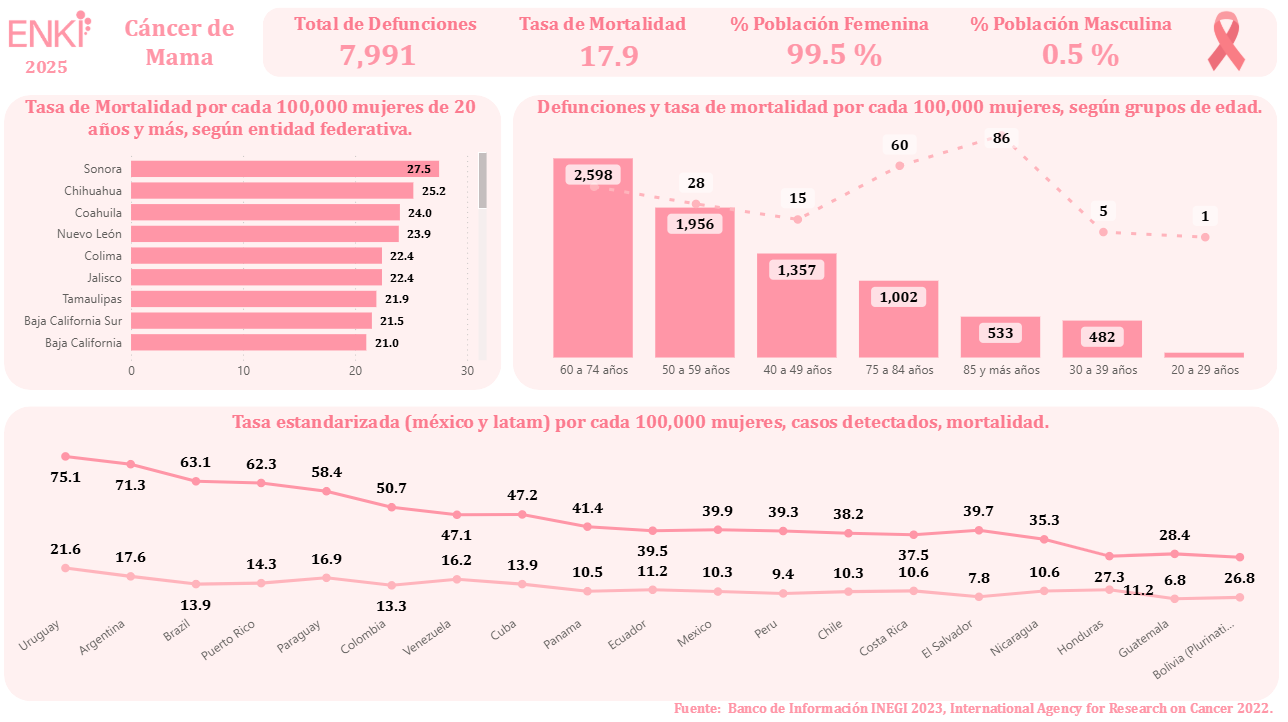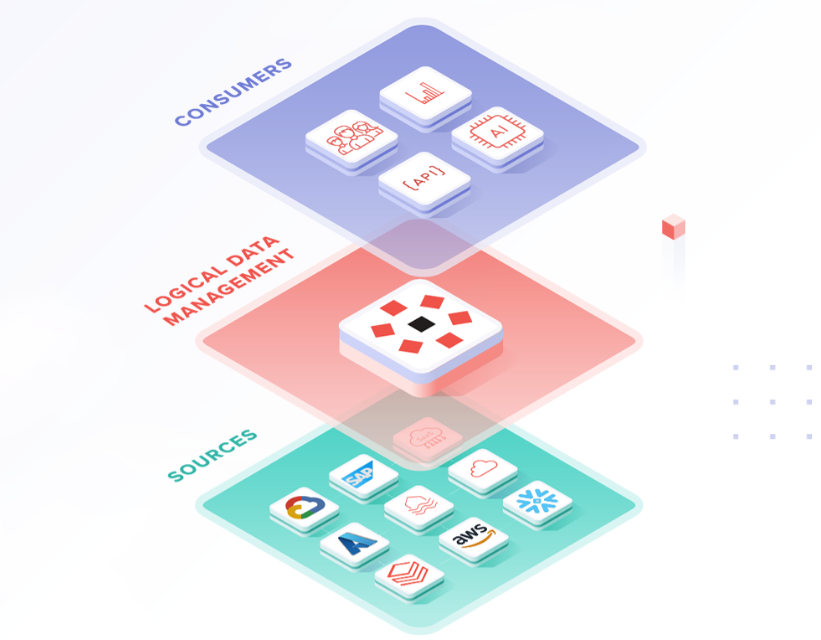Does that sound familiar to you? Your organization has invested millions in platforms, architectures and data specialists... but teams are still struggling to access reliable data, on time, and with context.
If this is familiar to you, you are not alone. As organizations scale their data strategies, many are finding that the traditional centralized architecture approach is no longer sufficient. This is where the Data Mesh ecosystem.
What is a Data Mesh Ecosystem?
Data Mesh it's not a tool or a technology. It's a decentralized data architecture paradigm, which proposes a change of mentality:
We went from seeing data as a by-product of systems, to managing them as digital products with clear owners, defined governance rules and SLA.
Un Data Mesh ecosystem is the complete environment (technological, organizational and operational) that allows this model to be implemented. It ranges from data platforms, pipelines, and governance policies, to the teams and practices that underpin it.
Why are traditional architectures failing?
In centralized models such as monolithic data lakes or traditional data warehouses, a single data team is responsible for everything: ingestion, modeling, quality and delivery. As the organization grows, this team becomes a Bottleneck.
This produces:
- Delays in data delivery
- Lack of context in data sets
- Loss of confidence in the results
El Data Mesh proposes to decentralize, assigning responsibility for the data lifecycle to the business teams that generate them. But decentralizing doesn't mean chaos: it requires a strong infrastructure and culture to make it work.
Key components of the Data Mesh ecosystem
1. Data Domains
The data is organized according to business areas (finance, operations, marketing...). Each domain is responsible for its own Data Products, managing quality, documentation and governance.
2. Self-service infrastructure
It is the technological layer that allows teams to create, deploy and consume data products without depending on the central team. It includes:
- Orchestration platforms (such as Databricks, Airflow, or dbt)
- Cloud infrastructure (such as AWS, Azure, or GCP)
- Catalogue and observability tools (such as DataHub)
3. Federated governance
It is not the absence of rules, but distributed but coordinated governance. Global policies (security, privacy, traceability) are defined, but their implementation is adapted to each domain.
4. Product Oriented Culture
Each domain treats its data as products: with objective users, KPIs, technical documentation and ongoing maintenance. This involves reliability, discoverability and reusability metrics.
Tangible benefits of adopting a Data Mesh ecosystem
Companies that take this approach have achieved:
✅ Reduce the Time-to-Data From weeks to hours
✅ Improve the quality and traceability Of the data
✅ Increase the Ownership and the collaboration between business and technology
✅ Scale data operations without duplicating resources
A concrete example: a Latin American telco reduced analytical dashboard development cycles by 60% after decentralizing the creation of data products by domain.
Data Mesh doesn't replace your current technologies, it empowers them. It's not about having more tools, but about rethinking how people, processes and platforms work together to scale the value of data.
The path is not immediate, but those who have traveled it agree: to build a Data Mesh ecosystem is a strategic investment to leave behind the chaos of data... and move to an era where data truly serves the business.










































